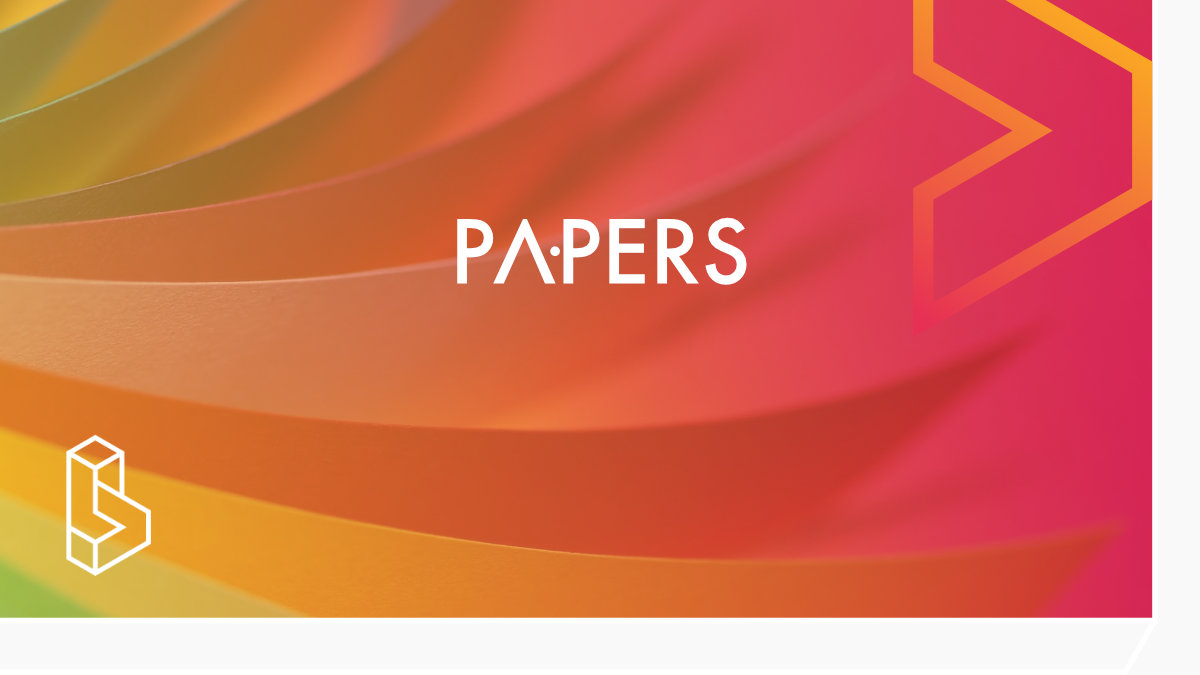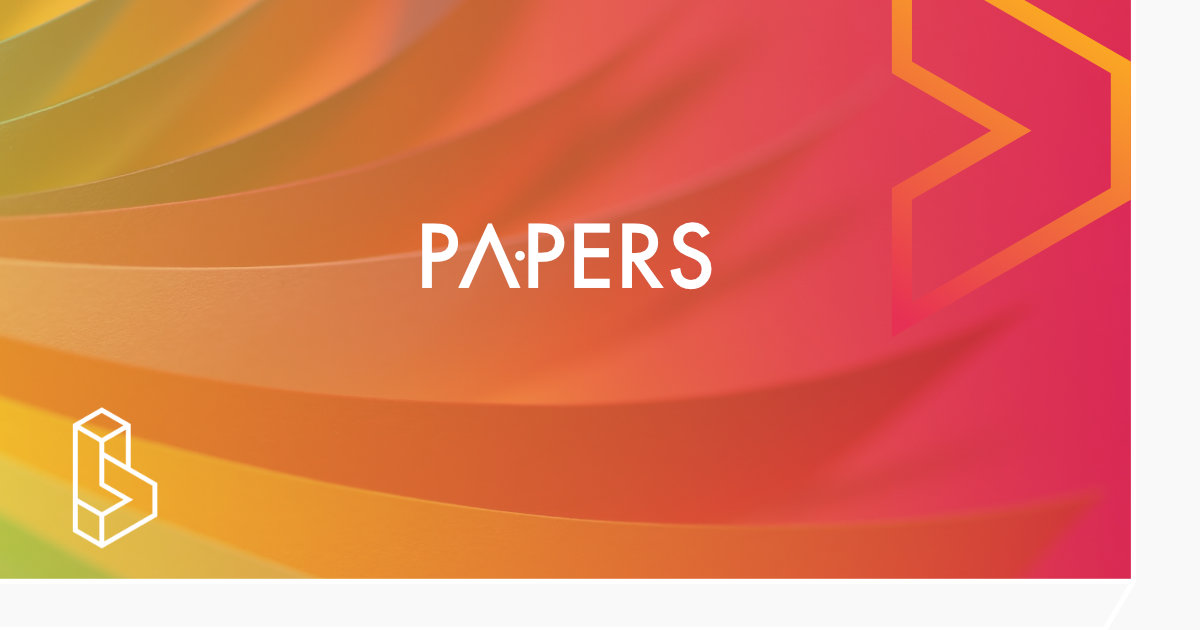This seminal review paper (2004) reviews the psychedelics literature up to this point. It specifically looks at how the psychedelics influence the brain (regions). The main conclusion is that psychedelics increase prefrontal cortical metabolism, and correlations have been developed between activity in specific brain areas and psychological elements of the psychedelic experience. The paper foreshadows the research on the practical uses of psychedelics for (mental) illnesses.
Pharmacology and Therapeutics
January 2004
Cited by 1,552
This seminal paper (2014) introduces the entropic brain hypothesis intending to build a bridge between neuroscience and psychoanalytic theories. The entropic brain hypothesis proposes two different forms of cognition, one being more 'critical' and unconstrained (whilst under psychedelics). It has become one of the major theories underlying our understanding of how psychedelics exert their therapeutic effects.
Frontiers in Human Neuroscience
February 2014
Cited by 1,034
The REBUS and the anarchic brain hypothesis paper (2019) argues that psychedelics relax the precision of high-level priors or beliefs, thereby liberating bottom-up information flow, particularly via intrinsic sources such as the limbic system.
Pharmacological Reviews
July 2019
Cited by 501
This longitudinal survey study (n=654 > 535 > 379 > 315 > 212, with increasing dropout) gathered data from individuals at five different time points before and after they undertook a preregistered psychedelic experience, and assessed variables related to personality traits, intentions, and the set and setting to predict the acute effects of taking the psychedelic, as well as long-term outcomes of subjective well-being. Baseline trait variables, such as absorption, strongly influenced long-term well-being. However, acute variables such as the intention and intensity of having mystical experiences also positively influenced well-being up to four weeks after the psychedelic experience.
Frontiers in Pharmacology
November 2018
Cited by 234
This 2015 observational survey study (n=135.000) investigated the association between lifetime psychedelic use (LSD, psilocybin, mescaline) and mental health problems, but found no indication of the increased likelihood for psychological distress, mental health treatment, suicidal behaviour, depression, or anxiety amongst psychedelic users (n=19.300). These results contest the justification for prohibiting psychedelics as a public health measure.
Journal of Psychopharmacology
March 2015
Cited by 217
This manuscript (2020) presents new data on the affinity of psychedelic drugs at receptors, transporters, and ion channels. Psychedelics (phenylalkylamines specifically) are not as selective as generally believed (they bind to more receptors).
PLOS ONE
February 2010
Cited by 182
This review article (2009) offers hypothesis (currently being tested) on how psychedelics work and how research in this field and research on schizophrenia overlaps.
Trends in Neuroscience
April 2009
Cited by 175
This review (1998) looks at the history of LSD as a possible treatment for alcoholism (AUD). It highlights the research that had been done and how psychedelics were subsequently relabelled as drugs of abuse.
Journal of Psychoactive Drugs
September 2011
Cited by 166
This opinion article (2018) argues that context (set and setting) are of upmost important when working with psychedelics and proposes ways of optimising context/treatment models.
Journal of Psychopharmacology
February 2018
Cited by 157
A prospective survey study (n=654) established a (weak to moderate) causal link between the use of psychedelics and nature-relatedness. This was mediated by the extent of ego-death and perceived relatedness to nature during the psychedelic experience. This paper argues that psychedelics may bring us closer to nature and that this might be a possible positive outcome that restores mental health, or at least is correlated with this.
International Journal of Environmental Research and Public Health
December 2019
Cited by 137
This review (2018) investigates the models (e.g. medium/high dosage) of psychedelic therapy in both its historical context and possible future directions.
International Review of Psychiatry
November 2018
Cited by 137
This theory-building article (2017) offers more evidence for the entropic brain hypothesis, a hypothesis that under psychedelics the brain reaches higher criticality and is more susceptible to set and setting (bottom-up information). The study serves as a (possible) framework for why psychedelics work so well for a variety of mental disorders (in combination with psychotherapy).
Neuropharmacology
March 2018
Cited by 132
This commentary (2015) analyses emerging research on psychedelic drugs for therapeutic purposes that involve humans and considering both the potential benefits and the possible harmful effects of using psychedelics in combination with psychotherapy or counselling for mental disorders illness.
Canadian Medical Association Journal
October 2015
Cited by 131
This systemic review (2020) presents the results of 34 modern studies into the long-term effects of classical psychedelics in humans beyond the 2-week follow-up. Mystical experiences, connectedness, emotional breakthrough, and increased neural entropy were correlated with long-term changes in personality, depression, spirituality, anxiety, well-being, substance misuse, meditative practices, and mindfulness. A lack of aversive side effects with properly-executed treatment is also highlighted.
Academic Psychiatry
March 2020
Cited by 130
This review (2015) looks at the influence of subjective (therapeutic) effects on the (treatment) outcomes of psychedelic experiences. This is put in context of the neuronal mechanism of psychedelics, but that relationship is still something that we know little about.
Journal of Clinical Psychopharmacology
February 2015
Cited by 128
This review article (2018) looks at the pre- and post-prohibition clinical studies on psychedelics and offers strategic advice on the legal and regulatory hurdles.
Neuropharmacology
December 2017
Cited by 124
In this commentary article (2008), Ben Sessa reflects on the studies into creativity and psychedelics and proposes that we get back to studying the link between the two.
Journal of Psychopharmacology
February 2008
Cited by 97
This narrative review discusses how meditation and psychedelic drugs can alter states of consciousness. There is converging evidence that psychedelics and meditation can produce strong, short-term, and reversible disruptions of self-consciousness and underlying neural processes. However, experiences of “self-loss” are not uniform and can be decomposed in “narrative” aspects (e.g. loss of access to autobiographical information), as well as bodily and multisensory aspects (e.g. loss of body ownership). Finally, the authors consider long-term outcomes of experiences of self-loss on individual traits and prosocial behavior.
Frontiers in Psychology
September 2018
Cited by 95
This retrospective survey study (n=893) investigated the relationship between psychedelics use, ego dissolution, personality traits, political perspectives, and nature relatedness, and found that psychedelic use was associated with liberal and anti-authoritarian political views, openness to new experiences, and nature-relatedness.
Journal of Psychoactive Drugs
April 2017
Cited by 67
This review (2018) finds that music may play a larger (active) role in psychedelic therapy and could be responsible for (part of the positive) outcomes.
International Review of Psychiatry
September 2018
Cited by 56
This review (2019), for a psychiatry audience, summarizes our current understanding of how psychedelics work, from 5HT2a agonism to more bottom-up processing.
Current Opinion in Psychiatry
January 2019
Cited by 54
This review (2018) investigates historic and current theories on how psychedelics work. The work is first grounded by describing the (subjective) effects of psychedelics. The paper concludes that a commonality between theories is that ‘normal’ brain processes are disturbed. Thus leading to more unconstrained thoughts under psychedelics.
Frontiers in Pharmacology
March 2018
Cited by 54
This review (2018) examines the cellular pathways through which psychedelics act as anti-inflammatory agents by means of selectively blocking the expression of pro-inflammatory mediators and thereby modulating histone modifications and epigenetic signaling. It is thus hypothesized that psychedelics may be of therapeutic value to a wide range of inflammatory disorders in humans.
International Review of Psychiatry
August 2018
Cited by 52
This popular commentary article (2020) describes the current resurrection of research into psychedelics (both neuroscience and therapeutic applications). It describes the evidence for the serotonin receptor (5-HT2a) agonism (psychedelics binding to that receptor) and the possible mechanisms through which long-lasting therapeutic effects can be found.
Cell
April 2020
Cited by 50
This perspective article (2018) looks at the evidence for meaning-enhancing as a mediator in psychedelic therapy, spirituality and outcomes on creativity.
Frontiers in Human Neuroscience
March 2018
Cited by 48
This review (2020) finds that randomized clinical trials (RCTs) support the efficacy of various psychedelic-assisted therapies for mental health disorders.
American Journal of Psychiatry
February 2020
Cited by 46
This non-controlled, naturalistic, observational study (n=379) collected self-reported user data one day after a preregistered psychedelic experience, for the purpose of validating a questionnaire that can assess 'emotional breakthrough'. This new scale was sufficiently different from previous tools, such as the Mystical Experience Questionnaire (MEQ), while sensitive enough to detect dose-dependent differences in the experience and predict post-psychedelic changes in well-being.
Journal of Psychopharmacology
Cited by 43
This article (2017) lays out guidelines and core competencies for psychedelic therapists in training, which include empathetic abiding presence; trust enhancement; spiritual intelligence; knowledge of the physical and psychological effects of psychedelics; therapist self-awareness and ethical integrity; and proficiency in complementary techniques. It also highlights 12 domains of curricular training that include knowledge of history, neuropharmacology, best practices in set and setting, as well as therapeutic strategies and boundaries.
Journal of Humanistic Psychology
June 2017
Cited by 42
This survey study (n=343) suggests that naturalistic psychedelic use may be associated with reduced problematic alcohol consumption. This complements clinical studies that found similar results with smaller sample sizes.
Journal of Psychopharmacology
May 2019
Cited by 42
This diary study investigates the "safe and beneficial" use of psychedelics in small quantities (microdosing; 10 micrograms LSD) to improve positive moods by evaluating positive and negative emotional states using the PANAS checklist and written reports. The study showed that microdosing of a psychedelic in clinical and non-clinical populations improved health habits, increased energy, and improved work effectiveness. Furthermore, smaller samples demonstrated alleviation of symptoms in migraine headaches, traumatic brain injury, pre-menstrual syndromes (PMS), shingles, and other such conditions that have not been previously associated with psychedelic use.
Journal of Psychoactive Drugs
March 2019
Cited by 41
Find Psychedelic Papers
Find all relevant psychedelic research papers in our ever-growing database. Here we cover and connect the latest research and seminal papers. From early open-label psychedelic studies with healthy volunteers to large-scale double-blind, placebo-controlled trials.
We have not only indexed over 2000 papers but have added additional contexts such as type of study, a compound studied, which paper it’s related to, the trial associated with a study, and over 30 more variables.
More coverage of psychedelic research can be found on our Research page.


